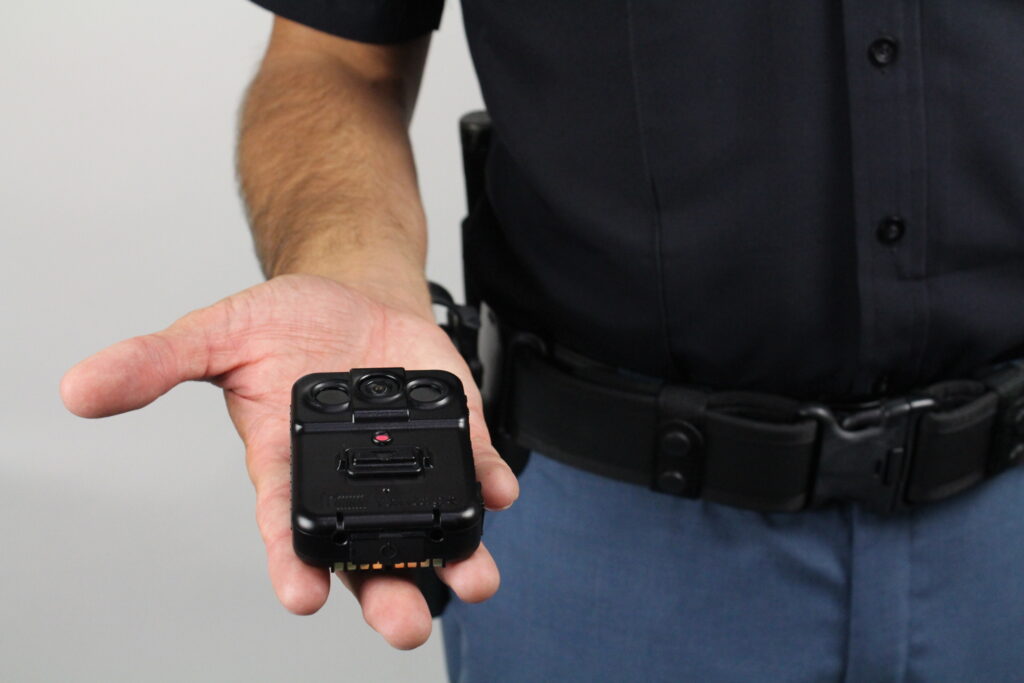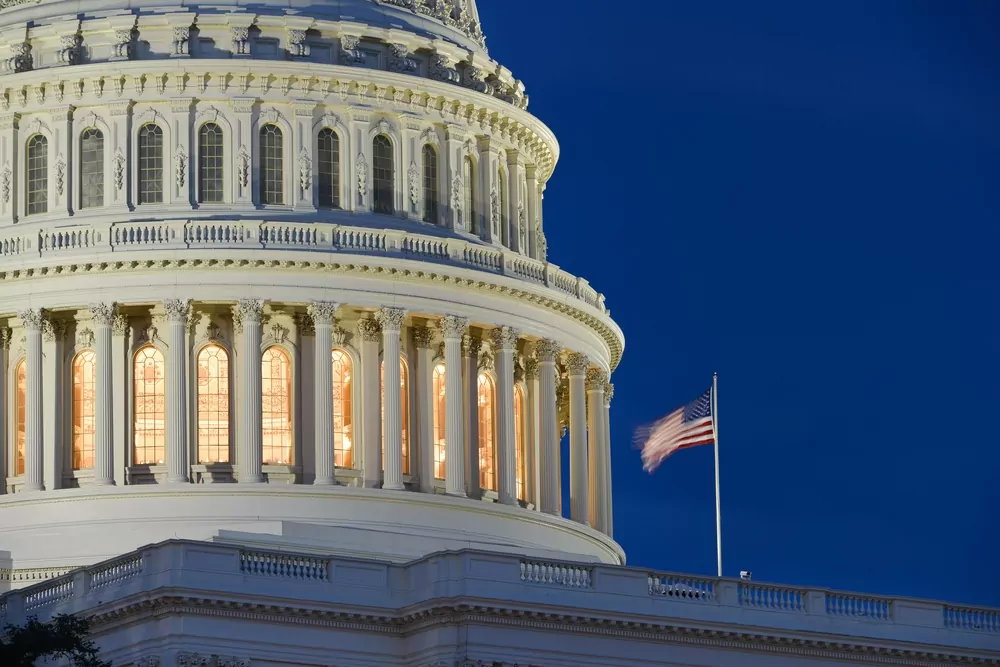As of January 2022, House Bill 1223 will take effect, requiring law enforcement officers nationwide to electronically record audio and video footage of all interrogations of juveniles or related to a felony. Prior to this Bill, the decision to require or not require interrogations to be recorded was made on a state by state basis.
This will be a minor policy change for departments that are already sufficiently supplied by video recording devices, but may prompt other departments to update their equipment.
PUSHED BY CIVIL LIBERTIES GROUPS
The practice of recording interrogations has been supported by a number of social, professional and civil liberties groups for years. In particular, the American Psychological Association has strongly advocated for these recordings. In 2014 their Council of Representatives adopted a resolution that read, in part:
Whereas videotaping of interrogations in their entirety provides an objective and accurate audio-visual record of the interrogation, provides a vehicle by which to resolve disputes about the source of non-public details in a suspect’s confession, and has the potential to deter interrogators from using inappropriate tactics and deter defense attorneys from making frivolous claims of police coercion…
Therefore, be it resolved that the American Psychological association recommends that all custodial interrogations of felony suspects be video recorded in their entirety and with a ‘neutral’ camera angle that focuses on the suspect and the interrogator.
At the same time, the Center for Policy Alternatives (CPA) recommended as far back as 2005 that states enact the Electronic Recording of Interrogations Act, which requires that any custodial interrogation conducted by police must be electronically recorded in its entirety. Other groups that have advocated for this policy include The Constitution Project, The Innocence Project and the International Association of Chiefs of Police (IACP).
BUILDING ON EXISTING LAWS

This new bill is building on some already existent state laws. Illinois in particular has been at the forefront of these, passing legislation as far back as 2003 that required the recording of any and all interrogations involving homicide cases. The law was expanded in 2016 to include eight other types of violent crime, including aggravated criminal sexual assault, aggravated battery with a gun and armed robbery.
By 2019, half of all US states had established laws regarding the recording of interrogations for certain types of cases. The most recent to adopt this policy was Oklahoma: requiring all interrogations related to murder and rape cases to be recorded in their entirety, they became the 25th state to have this type of law. However, only 4 states have gone so far as to require the recording of all custodial interrogations (Delaware, Vermont, Washington, Indiana).

INCREASED DEMAND
This new legislation is already seeing an increase in demand for video recording devices. As the law includes non-custodial interrogations, then body worn cameras (BWCs) and in-car video systems will be increasingly valuable to officers in the field. Both of these types of devices will cover the requirements of ‘electronically recorded audio and video’ as defined by House Bill 1223. Hopefully local authorities will give departments increased support in outfitting themselves to stay compliant with this newly enacted bill.

